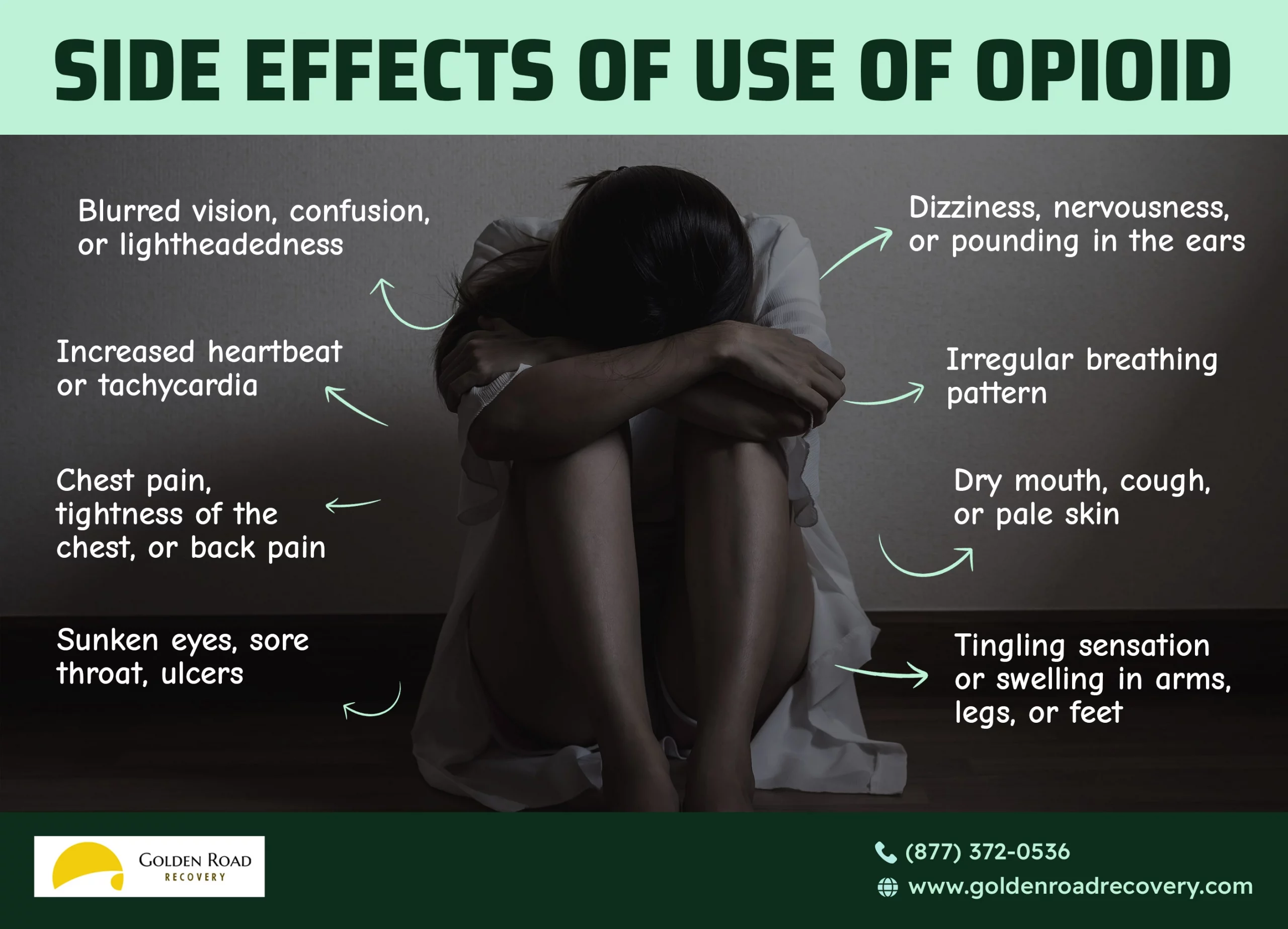Do you know that every year, about 120,000 deaths happen in a year all over the world due to the abuse of opioids? This number is alarming and is increasing every year. In the US, about 2.1 million people are affected by opioid abuse. Today, we will try to understand what opioids are, how it works, what are the signs and symptoms of Opioid overdose, and how you can get help.
What is an Opioid Overdose?
Opioids belong to a class of pain-relieving medications that work by binding themselves to certain opioid receptors in our brain and hence the name. While it was originally developed to be used as a pain medication for wounded war soldiers, researchers quickly realized that it can be abused and can also develop significant side effects. It is very powerful and works rapidly as it reaches the brain very quickly once it gets into the bloodstream.
Understanding How Opioids Works
Opioids are a type of painkiller and work just like one. When there’s an injury or pain, a special chemical is released from the location of the injury or pain, which then gets picked up by the opioid receptors of nerve endings and travels to the brain via the spinal cord. The chemicals that travel to the brain contain unique data about the location and the nature of the injury.
Once our brain gets the data, it creates a pain sensation in that area to make us understand that something is wrong in that area and needs immediate attention to prevent any more damage to that area. So, if you were to stop the pain, you would need to stop this chemical from reaching the brain, or better yet, stop this chemical from getting produced in the first place. No chemical production is equal to no signal and no signal is equal to no pain. That’s exactly what opioids also do, it blocks the production of such chemicals and a lot more, which is why there are various side effects of this drug.
Signs and Symptoms of Opioid Addiction
The following signs and symptoms will show up if a person abuses opioids. If you or anyone you know abuses opioids, look for these signs and symptoms, and get them to a rehab center for proper treatment if these symptoms are confirmed.
- Significant shifts in mood and changes in behavior. They could be happy for 1 second and totally agitated for another second for no good reason.
- Lack of interest in work, college, or social activities.
- They would prefer to stay in isolation.
- Opioid withdrawal symptoms or even overdose could happen. Look for signs of opioid overdose.
- Under the influence of drugs, a user may resort to self-harm.
- Under the influence of drugs, they may engage in risky, unnecessary, or high-risk activities that may or may not have any significance to their lives.
- Their relationships with loved ones, friends, and family may be at risk due to their constant mood shifts and aggression.
- Look for a sudden change in their diet. Lack of appetite is quite common among addicts.
- Anxiety, depression, paranoia, disorientation, and episodes of violent outbursts, among other psychological issues, may appear.
- Serious health problems such as high blood pressure, lung damage, seizures, and irregular heartbeat may become a regular thing.
Side Effects of Use of Opioid Overdose

Here are some of the most common side effects of opioid abuse.
- Blurred vision, confusion, or lightheadedness.
- Increased heartbeat or tachycardia.
- Dizziness, nervousness, or pounding in the ears.
- Irregular breathing pattern.
- Dry mouth, cough, or pale skin.
- Tingling sensation or swelling in arms, legs, or feet.
- Chest pain, tightness of the chest, or back pain.
- Sunken eyes, sore throat, ulcers, or white spots inside the mouth.
Can You Get Help?
As you know now, the symptoms and the side effects of taking opioids can result in both short-term and long-term issues. Under the influence of this, a user could engage in unwanted sexual behavior which increases the risk of unwanted pregnancies or sexually transmitted diseases. This is where drug recovery centers come in. The staff of opioid addiction recovery centers are highly educated on the subject matter and well trained to deal with these cases.
They are even trained to handle the symptoms of opioid overdose in case that happens. The only institutes that are capable of handling such situations are your rehab and detox centers. You can apply for either residential inpatient treatment programs or outpatient treatment programs depending on your need and the requirements. They have well-trained staff, doctors present on the premises at all times, 24/7 surveillance, and also have various other amenities.
Wrapping Up
Originally given to wounded war patients as pain medication, opioids have now become a powerful and addictive drug that is highly abused in the US. It can not only mess with your body but can also seriously affect your mental health. For a successful Opioid withdrawal, you can seek the help at Golden Road Recovery treatment center in Chatsworth, California. It is a Residential Inpatient facility for opioid withdrawal in a very clean & safe environment. You can call the addiction recovery helpline number at +1 877-372-0536.
[gravityform id=”7″ title=”true” description=”true”]




